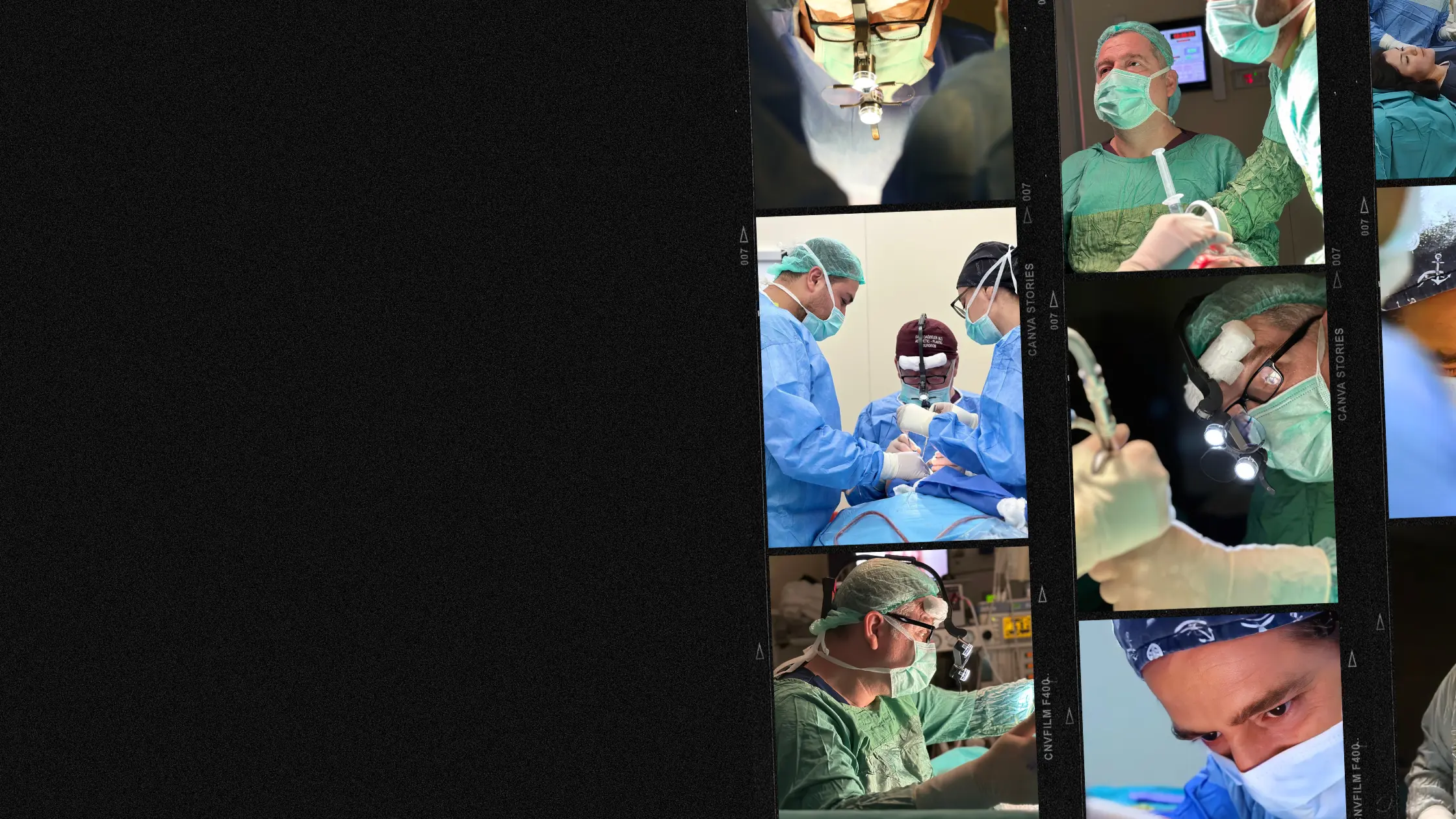Role of Oxidative Stress in Hair Follicle Aging and Implications for Hair Transplants
Hair follicle aging is a complex process influenced by various intrinsic and extrinsic factors. Among these, oxidative stress plays a pivotal role in accelerating hair follicle aging, leading to conditions such as androgenetic alopecia and other forms of hair loss. Understanding the mechanisms through which oxidative stress affects hair follicles can provide valuable insights into improving hair transplant outcomes. This paper delves into the intricate relationship between oxidative stress and hair follicle aging and discusses its implications for hair transplant procedures.
Understanding Oxidative Stress
Oxidative stress refers to the imbalance between the production of reactive oxygen species (ROS) and the body’s ability to neutralize these harmful compounds through antioxidant defenses. ROS, such as superoxide anions, hydrogen peroxide, and hydroxyl radicals, are byproducts of normal cellular metabolism. However, excessive ROS can cause cellular damage by oxidizing lipids, proteins, and DNA. This damage is particularly detrimental to cells with high metabolic rates, such as hair follicle cells.
The Role of Oxidative Stress in Hair Follicle Aging
Cellular Senescence
Oxidative stress is a significant contributor to cellular senescence, a state of irreversible growth arrest. Hair follicle cells exposed to high levels of ROS exhibit signs of senescence, including changes in morphology, gene expression, and secretory profile. Senescent cells in hair follicles can disrupt the normal hair growth cycle, leading to hair thinning and loss.
DNA Damage
One of the primary targets of ROS is DNA. Oxidative stress can cause various forms of DNA damage, including single and double-strand breaks, base modifications, and cross-linking. Hair follicle cells with accumulated DNA damage may undergo apoptosis or senescence, exacerbating hair follicle aging.
Stem Cell Exhaustion
Hair follicles rely on a reservoir of stem cells to maintain hair growth and regeneration. Oxidative stress can deplete these stem cells by inducing apoptosis or senescence, leading to a decline in hair follicle regenerative capacity. This depletion is a critical factor in the progressive thinning and loss of hair observed with aging.
Implications for Hair Transplants
Pre-Operative Considerations
Understanding the role of oxidative stress in hair follicle aging is crucial for optimizing hair transplant outcomes. Pre-operative strategies to minimize oxidative stress can include lifestyle modifications, antioxidant supplementation, and pharmacological interventions aimed at reducing ROS levels.
Improving Graft Survival
Hair transplant procedures involve the extraction and implantation of hair follicles, a process that subjects these follicles to ischemia-reperfusion injury. This injury is characterized by a temporary loss of blood supply (ischemia) followed by restoration (reperfusion), generating a burst of ROS. Strategies to mitigate oxidative stress during graft harvesting and implantation can improve graft survival and overall transplant success.
Post-Operative Care
Post-operative care is critical in ensuring the longevity of transplanted hair follicles. Antioxidant therapies, either systemic or topical, can protect newly transplanted follicles from oxidative damage. Additionally, maintaining a low-stress environment and a balanced diet rich in antioxidants can support the health of transplanted hair.
Scientific Evidence and Future Directions
Numerous studies have demonstrated the link between oxidative stress and hair follicle aging. Research in animal models and clinical studies in humans have shown that reducing oxidative stress can promote hair growth and delay follicle aging. Future research should focus on identifying specific antioxidants and interventions that can be effectively integrated into hair transplant protocols.
Table: Antioxidants and Their Potential Benefits in Hair Transplants
| Antioxidant | Source | Potential Benefit |
|---|---|---|
| Vitamin C | Citrus fruits, berries | Reduces oxidative damage, promotes collagen synthesis |
| Vitamin E | Nuts, seeds, leafy greens | Protects cell membranes from oxidative damage |
| Coenzyme Q10 | Meat, fish, whole grains | Improves cellular energy production, reduces oxidative stress |
| Resveratrol | Red wine, grapes, berries | Inhibits ROS production, promotes cell survival |
Conclusion
The intricate relationship between oxidative stress and hair follicle aging underscores the importance of addressing oxidative damage in the context of hair transplants. By understanding and mitigating oxidative stress, we can enhance the success rates of hair transplant procedures and promote healthier, more resilient hair growth. As a pioneer in aesthetic and plastic surgery, I invite you to take the next step towards a fuller head of hair.
Call to Action
Don’t let oxidative stress stand in the way of achieving your hair restoration goals. For a comprehensive consultation and personalized treatment plan, make an appointment with me at Dora Hospital. You can also reach out via WhatsApp at +90 507 178 17 79 for immediate assistance. Let’s work together to restore your confidence and achieve the best possible outcomes for your hair transplant.


